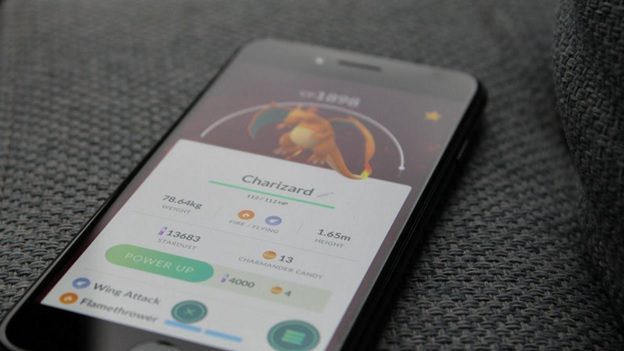Will a VPN Make Pokémon Go More Secure?

Pokémon Go is still going strong after all these years (and pandemic, no less!). Even so, it’s still facing all sorts of problems – most of them stemming from one of its more recent updates. Apparently, most fans have been disappointed with the new changes because they only came with bugs, glitches, and even seizure attacks!
Not to mention Niantic (the company behind Pokémon Go) collects a lot of user data.
All that makes you wonder – is Pokémon Go actually secure? Shouldn’t you use a VPN with it to protect your data?
We’ll answer those questions in this article. Also, we’ll provide you with some tips for staying secure on Pokémon Go too.
So Is Pokémon Go Secure?
The game itself is pretty secure, but many people are worried about the updated gifting system. Prior to the update, any player that receives a gift would only be able to see a picture of the Pokéstop where they could find them and some vague information about the location.
Well, now, players can actually see the exact location of the gift by using a map link. That doesn’t sound like much until you consider that a stalker could use that information to determine where a player’s home is!
Can a VPN Make Pokémon Go More Secure?
Not directly, no. A VPN can secure your traffic to Pokémon Go’s servers, but that’s it. That means nobody would be able to spy on your traffic and see you’re playing Pokémon Go. So they wouldn’t be able to use MITM attacks to send your traffic to fake Pokémon Go sites. VPNs can also hide your IP address to protect you against DDoS attacks and help you hide your geo-location.
But, sadly, VPNs can’t directly protect your Pokémon Go account and your privacy. If you interact with gifts, there’s just no way for a VPN to stop a player from seeing the exact location of the Pokéstop.
Similarly, if you use a VPN with Pokémon Go, it can’t stop Niantic from collecting your personal data. Sure, it can prevent the company from logging your IP address, but that’s about it. It can’t stop Niantic from logging your email address and using GPS data to record your real-time location. Only Surfshark seems to have a feature on Android that hides your GPS data, but – in our tests – we haven’t always been able to bypass GPS data collection.
Why It’s Not a Good Idea to Use a VPN with Pokémon Go
Let’s leave aside the fact that a VPN won’t make the app more secure. Also, it won’t help you unblock more content – unless you’re willing to go to extreme lengths to hide your GPS data (which involve jailbreaking your phone).
Here’s another problem with using a VPN with Pokémon Go – you might get banned. Niantic makes it very clear in its player guidelines that using a VPN is against the rules. Niantic actually considers that cheating. Here’s a direct quote:
Unfortunately, methods of cheating are limited only by cheaters’ imaginations, and include the following:
- using tools or techniques to alter or falsify your location (“spoofing”),
That’s exactly what a VPN does – it spoofs your location. And since Niantic can use GPS data to see your real location, they’ll be able to tell if you’re using a VPN.
Bottom line – you’re better off not using a VPN in this case.
How to Secure Your Pokémon Go Account
Just because you can’t use a security tool like a VPN doesn’t mean you can’t do anything to keep your Pokémon Go account safe. Here is a list of things you can (and should) do:
- First – install an antivirus app on your device. Hackers might sometimes target you with phishing attacks that include malicious files. The antivirus will spot any traces of malware and remove them instantly.
- Make your password very secure. Don’t settle for a simple one like “123456” like most people. Use a strong password that’s long (at least 12-13 characters). Also, mix up uppercase and lowercase letters, numbers, special characters, and space characters (if they’re available).
- Only use the official Pokémon Go app – here’s where you can get it on iOS and here’s where you can get it on Android. Don’t use third-party apps that claim to interact with Niantic’s servers. They can compromise your device’s security (infect it with malware, for example). Plus, Niantic might ban your account if you use a third-party app (they consider it cheating).
- Never share your login credentials with other people – only keep them to yourself! And make sure you store them somewhere safe – not a random note on your mobile, but in a notebook you store somewhere safe in your home. Or just use a password manager instead.
- Don’t trade or buy Pokémon Go accounts. You might get scammed or end up with an account that previously violated the terms of service (meaning you’ll get banned).
- Finally, always remember – Niantic will never send you emails or direct messages asking you to share your login credentials, credit card information, or other sensitive information with them.
How Else Do You Make Your Pokémon Go Experience Safe?
Do you take any other measures to make sure your account is secure? What do you do to prevent the gifting system from endangering your privacy? Please share your thoughts with us in the comments below.






